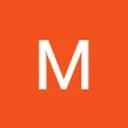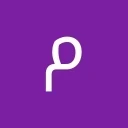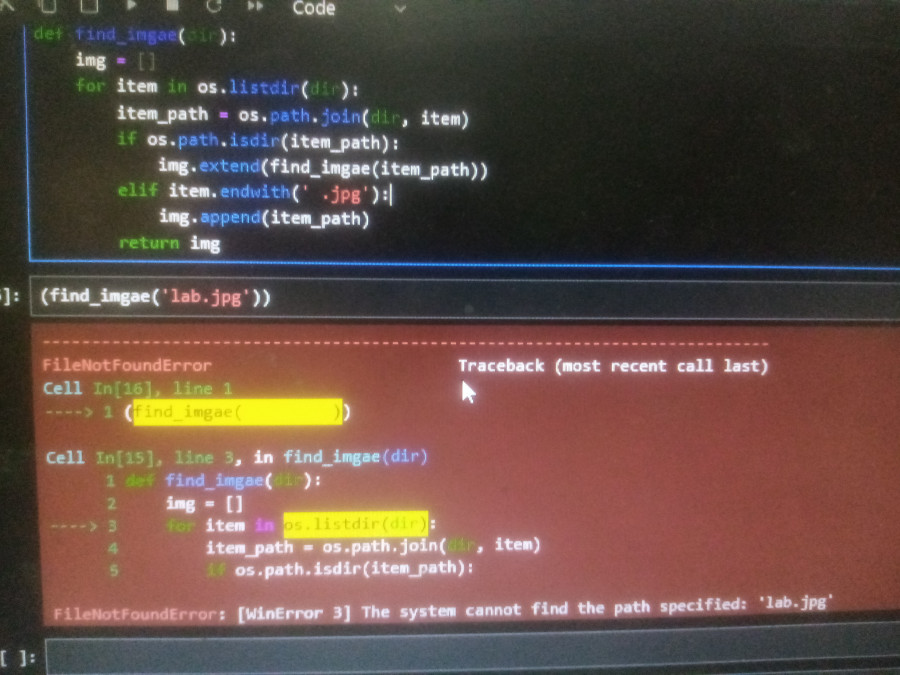Nursing school has always been a journey of dedication, late nights, and emotional growth—but in 2025, it’s also a story of digital innovation and adaptability. With online classes, virtual simulations, and AI-integrated learning platforms now shaping education, nursing students must balance both academic rigor and technological fluency. Thankfully, resources like BSN Class Help are empowering nursing students to stay ahead—offering structured assistance that aligns with modern coursework and evolving healthcare demands.
As nursing education becomes more interdisciplinary, the expectations for students have grown beyond memorizing anatomy charts or writing research papers. Today’s nursing students are expected to think like clinicians, communicate like leaders, and act like problem-solvers. From managing time efficiently to mastering online assessments, every skill counts in shaping a future-ready nurse.
The Modern Nursing Student’s Challenge
The traditional lecture-hall approach has shifted into hybrid and competency-based learning models. Nursing students today often juggle clinical shifts, asynchronous lectures, group projects, and professional development all at once. This new reality, while flexible, demands strategic organization.
The key to surviving and thriving lies in structure. Creating a consistent study schedule, setting weekly learning goals, and breaking large projects into smaller milestones helps prevent burnout. But even with the best preparation, many students struggle with academic writing—a skill that defines success across nursing programs. That’s where expert nursing paper writers come into play. These professionals not only help refine academic submissions but also guide students in understanding research methodologies, APA formatting, and the importance of evidence-based writing.
Writing in nursing education isn’t just about grammar—it’s about clinical reasoning. When students learn how to translate their medical knowledge into coherent, research-supported arguments, they become stronger communicators and more confident practitioners.
The Power of Applied Learning
In 2025, nursing assessments are no longer limited to multiple-choice exams. Universities and BSN programs emphasize application—how well a student can connect theory to real-life healthcare practice. For instance, assessments ask students to prepare stakeholder presentations that bridge clinical data with organizational goals.
This type of project mimics real-world nursing scenarios, where clear communication and evidence-backed decisions are essential. Students must understand patient outcomes, organizational ethics, and healthcare economics—then express that understanding through visuals and persuasive dialogue.
The trick to excelling in applied assessments is relevance. Don’t just summarize research; connect it directly to your audience’s needs. For example, when preparing stakeholder presentations, explain how your proposed intervention improves patient satisfaction, reduces hospital readmissions, or supports nursing staff efficiency. Professors—and real-world healthcare leaders—value clarity, conciseness, and practicality over jargon-filled essays.
Integrating Technology into Nursing Practice
Technology is the backbone of modern healthcare, and by extension, modern nursing education. From electronic health records to telemedicine tools, nurses must now navigate a digital ecosystem alongside their clinical responsibilities. Assignments like nurs fpx 4005 assessment 4 train students to think critically about these tools’ implications.
Understanding technology’s role in patient care requires more than just knowing how to use devices—it’s about ethical responsibility, data protection, and clinical efficiency. Nursing students should familiarize themselves with terms like interoperability, patient privacy laws (like HIPAA), and decision-support systems.
One effective learning approach is simulation-based practice. Many universities now use virtual reality (VR) and simulation software to replicate patient scenarios. This not only enhances clinical confidence but also teaches students how to integrate tech-driven decision-making under pressure.
At its core, technology in nursing is a bridge—it connects human compassion with digital precision. The more comfortable students become with this blend, the more valuable they’ll be in a healthcare system that increasingly relies on tech-literate professionals.
Academic Writing as a Core Nursing Skill
Academic writing is more than a school requirement; it’s the foundation of professional communication in nursing. Whether documenting a care plan or publishing a case study, precision in language and structure can affect patient outcomes and research credibility.
Students often underestimate how writing sharpens critical thinking. When constructing arguments, analyzing patient data, or evaluating treatment outcomes, they’re essentially practicing clinical judgment in written form. This is why consistent writing practice—through reflective journals, evidence-based essays, and peer-reviewed projects—builds stronger nurses.
Assessments often focus on foundational topics such as patient care quality and nursing standards. These tasks teach students how to synthesize information, evaluate care delivery, and make evidence-informed decisions. Developing proficiency in these assignments translates directly into better bedside practice and more confident communication with patients and teams alike.
The best writing advice for nursing students? Write with purpose, not perfection. Focus on clarity, empathy, and logical flow rather than complicated wording. Nursing is, at its heart, a human profession—your writing should reflect that.
Emotional Intelligence: The Hidden Strength of Great Nurses
Beyond textbooks and assessments, nursing success is deeply tied to emotional intelligence (EI). Students who develop self-awareness, empathy, and resilience tend to perform better academically and clinically. The emotional toll of patient care can be heavy—especially in rotations that involve critical illness or end-of-life situations.
To stay emotionally balanced, students should practice reflection after clinical shifts. Journaling helps process experiences, identify stressors, and celebrate small wins. Peer support groups also play a crucial role in maintaining mental health; sharing challenges fosters solidarity and prevents burnout.
In 2025, many nursing schools have also introduced wellness modules that teach mindfulness, compassion fatigue management nurs fpx 4045 assessment 3, and psychological resilience. These soft skills are becoming as essential as medical knowledge itself.
Time Management: The Unsung Hero of Nursing School
Every nursing student has felt the weight of overlapping deadlines and night shifts. The difference between survival and success often comes down to effective time management. The best strategy is proactive planning: using digital planners, setting micro-goals, and allocating specific hours for study, rest, and revision.
A smart approach is the “3-3-3 method”: study three hours, take a three-minute mental break, and revise three key points at the end. This keeps your mind active and prevents cognitive fatigue.
Students should also learn the art of saying “no.” Overcommitting to extra tasks can hinder both academic performance and personal well-being. Instead, focus on priorities—completing clinical logs, preparing presentations, and reviewing pharmacology before exams.
The Future of Nursing in 2025 and Beyond
As healthcare systems evolve, so does the role of the nurse. Today’s nursing students are not just caregivers—they’re innovators, advocates, and educators. Nurses are increasingly contributing to research, designing healthcare technology, and influencing policy.
Global health challenges like pandemics, climate change, and aging populations are redefining nursing priorities. The next generation of nurses must be both compassionate and analytical—ready to apply technology and evidence-based practice to real-world problems.
In this future, lifelong learning becomes the cornerstone of professional success nurs fpx 4015 assessment 1. Continuing education, certifications, and online degree advancements will allow nurses to stay competitive and informed. Nursing isn’t just a career—it’s a continuous evolution of purpose.
Final Thoughts: Becoming a Resilient Nurse in 2025
Nursing education is a marathon, not a sprint. It demands emotional endurance, intellectual curiosity, and constant adaptation. While technology and resources have made learning more accessible, self-discipline remains the driving force behind every great nurse.
Whether you’re mastering advanced assessments, developing clinical confidence, or improving writing skills, remember that every challenge is shaping you into a capable, compassionate professional. Nursing isn’t just about caring for others—it’s about evolving yourself through every patient, every project, and every late-night study session.
In 2025, the best nurses will be those who combine knowledge with empathy, data with intuition, and learning with leadership. The future of healthcare depends on nurses who don’t just follow the system—but transform it.
More Articles:
Nursing School Survival Guide 2025: Strategies for Academic Excellence and Stress-Free Success
Top 2025 Success Strategies for BSN Students: Mastering Nursing School in a Changing Healthcare Landscape
Thriving in Nursing School 2025: Tips, Tools, and Strategies for Success

































